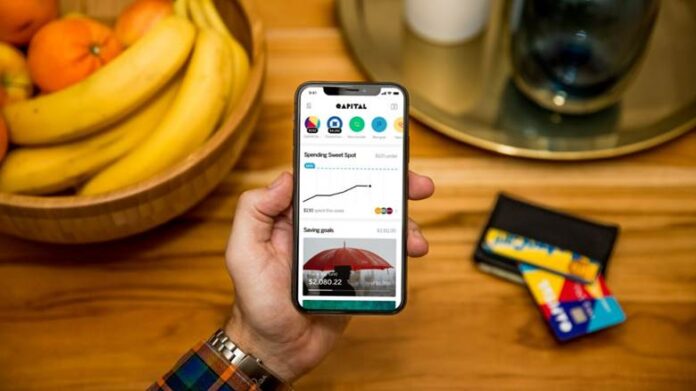Keeping track of your personal finances can be tricky, especially if you have multiple bank accounts, investments, and retail accounts to keep track of. But there’s a device in your pocket that can make it so much easier. Your smartphone offers a wealth of financial tools and resources that can transform the way you handle your money.
That means no more keeping boxes of paper bills and accounts, relying on spreadsheets or pen-and-paper to track your expenses, or spending time on hold with call centres. From tracking expenses and setting financial goals to making informed investment decisions, your smartphone can be your co-pilot in your journey to financial wellness.
TCL looks at some ways you can harness the power of your smartphone to optimise your savings, reduce debt, or grow your wealth.
- Take control of your budget
Financial wellness starts with spending less money than you earn. But with rising inflation, that’s easier said than done. It’s all too easy to overspend and find yourself without a cent in your bank account by payday—or even worse, debt on your credit card. To change that situation, you need to track your spending and understand where your money is going.
You don’t need to sit with an Excel spreadsheet to analyse your spending habits and find ways to cut expenses. There are some great Android apps that will help you track and categorise expenses and manage your bills. 22seven is a great local app that lets your link bank accounts, credit and store cards, investments, loans, rewards and more from over 120 South African financial institutions. Other popular budgeting apps include:
- o Goodbudget
- o Mint
- o Monefy
- Save & invest
Saving money and investing for the future can start by setting a bit of money away every week or month. You can, for example, open and manage a tax-free savings account on your bank’s mobile app. And there are a range of other apps that aim to make it easier for you to invest and save, even if you can only set aside a small amount every month. Stash by Liberty is an app that helps you invest in your future by saving small amounts of money every day into a tax-free investment. EasyEquities makes it easy to invest in shares, ETFs, retirement annuities, tax free savings accounts and unit trusts from one app.
- Look out for specials and savings
A rand saved is a rand earned. Your Android device can help you to find the latest specials and promos, as well as to check comparison-shop before you make a big purchase. You can use your browser to cruise to the PriceCheck website to compare online prices of everything from air fryers to flights, so you can ensure you’re paying the lowest price. Also keep an eye on OneDayOnly if you’re looking for bargains. Cataloguespecials.co.za, meanwhile, shows you all the current catalogues from small and large chain stores in South Africa, so you can find the cheapest prices for everyday purchases.
- Track your credit score
Your credit score is a three-digit number used by banks and other lenders to determine whether you qualify for credit, such as a bond, an unsecured loan, a credit card or a cellular or retail account. It’s based on your credit history, including how much money you owe various companies and whether you pay your accounts on time.
If you have a good credit score, you’re more likely to be offered the best interest rates and higher credit limits when you want to buy a home or car. That’s why it’s good to know what your credit score looks like, check that a company hasn’t wrongly reported you for a debt you have paid and get advice on how to improve your score.
Plus, access to your credit score and history will help you pick up whether you’ve been a victim of identity fraud (someone has used your details to apply for credit). The major credit bureaus let you get a free credit report online at least once year, offer ways to dispute incorrect information on their systems, and offer advice about improving your score. A few of the big ones are:
- Use virtual cards to limit spending and prevent fraud
A virtual card is a digital bank card that you use on a smartphone for online or scan-to-pay and tap-to-pay in-store transactions. Most banks let you create, cancel, or delete cards from their mobile apps. The benefit is that you can use your virtual cards for online purchases and subscriptions without exposing the details of your main debit or credit card. This reduces your exposure to the risk of fraud. Some banks let you set a separate limit on virtual cards, so you can use different virtual cards for different purposes like eating out or buying clothes. That can help you to avoid overspending on certain items and services.

